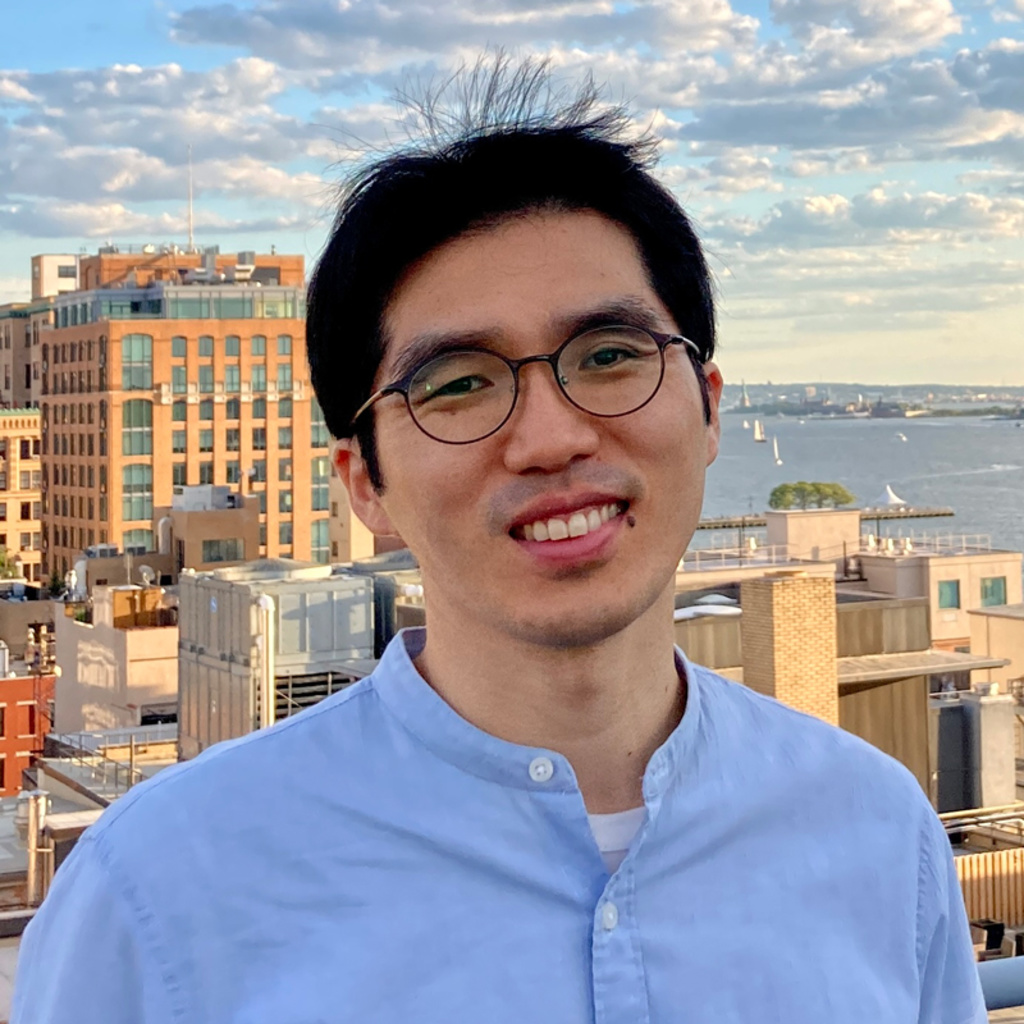
The Korean Studies Research Network, an International Programs affinity group, hosts this virtual discussion entitled “Feeding the People: Collective Dining and Science in Postwar North Korea.” The event will feature Korea Foundation Postdoctoral Fellow Dr. Sunho Ko from the University of Wisconsin, Madison.
“Let’s turn our restaurants into collective kitchens of the people (inmin ŭi kongdong chubang).” With this captivating slogan, the North Korean state, in the aftermath of the Korean War, expanded communal dining facilities and programs, including factory canteens, community restaurants, as well as school and nursery meal initiatives. The socialist approach to food consumption pledged to provide the war-ravaged country’s citizens with socialist feasts replete with delicious and nutritious dishes. The state anticipated that these meals would bolster labor productivity for the nation’s reconstruction efforts, ultimately demonstrating the superiority of the socialist system over colonialism and capitalism.
As the communal dining facilities expanded, a diverse array of stakeholders, ranging from government officials to nutritional scientists, cookbook authors, architects, dining facility personnel, and patrons, actively engaged in the socialist endeavor of establishing these communal dining facilities as scientifically oriented venues for food consumption. These discussions surrounding the scientific management of food encompassed every facet of facility management, from menu development and demand forecasting to supply chain oversight, kitchen design, standardized cooking techniques, and table service.
By delving into the multifaceted perspectives on the scientific management of food, expressed through various sources such as cookbooks, manuals, scientific reports, memoirs, pamphlets, magazines, and newspapers, this talk presents North Korean collective dining facilities as sites where socialism was materialized at the local level through the participation of the people. This materialization was not a seamless process orchestrated solely by the state, but a complex one filled with tensions and conflicts that reflected diverse issues within and beyond the socialist country.
The Korean Studies Research Network aims to bring together scholars whose research focuses on Korea-related topics and to provide mentoring to the younger generation of scholars. It serves as a platform to facilitate collaborative and interdisciplinary research among scholars and graduate students at the University of Iowa and institutions of higher education in the Midwest through seminars, speaker series, and workshops.
This event is made possible through generous support from the Korea Foundation.